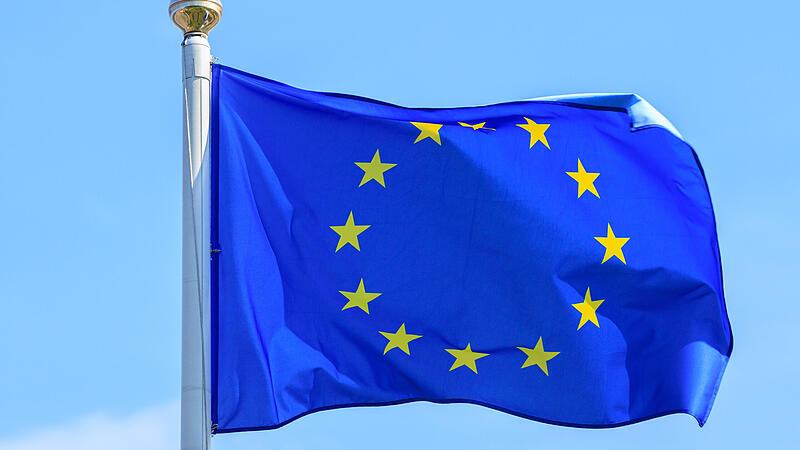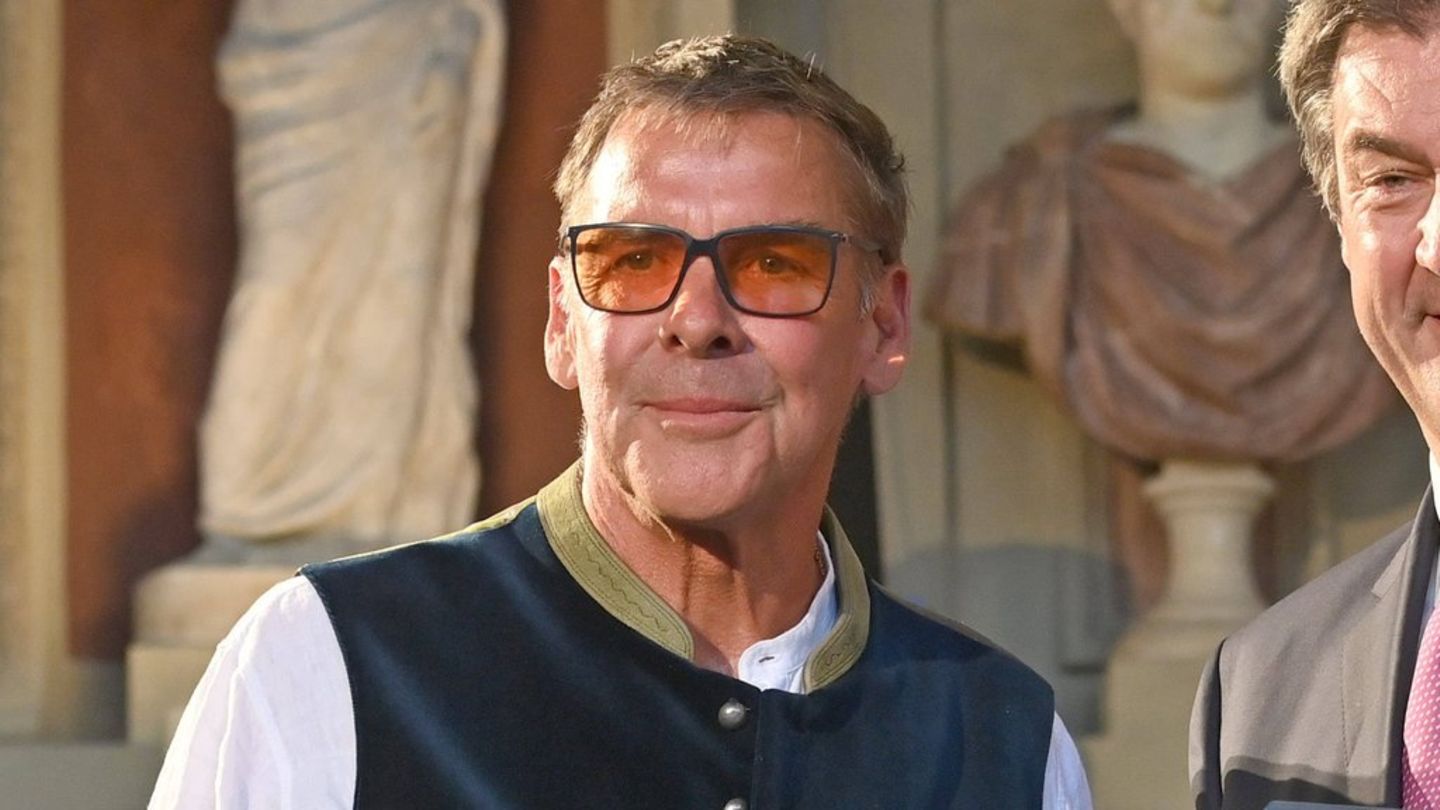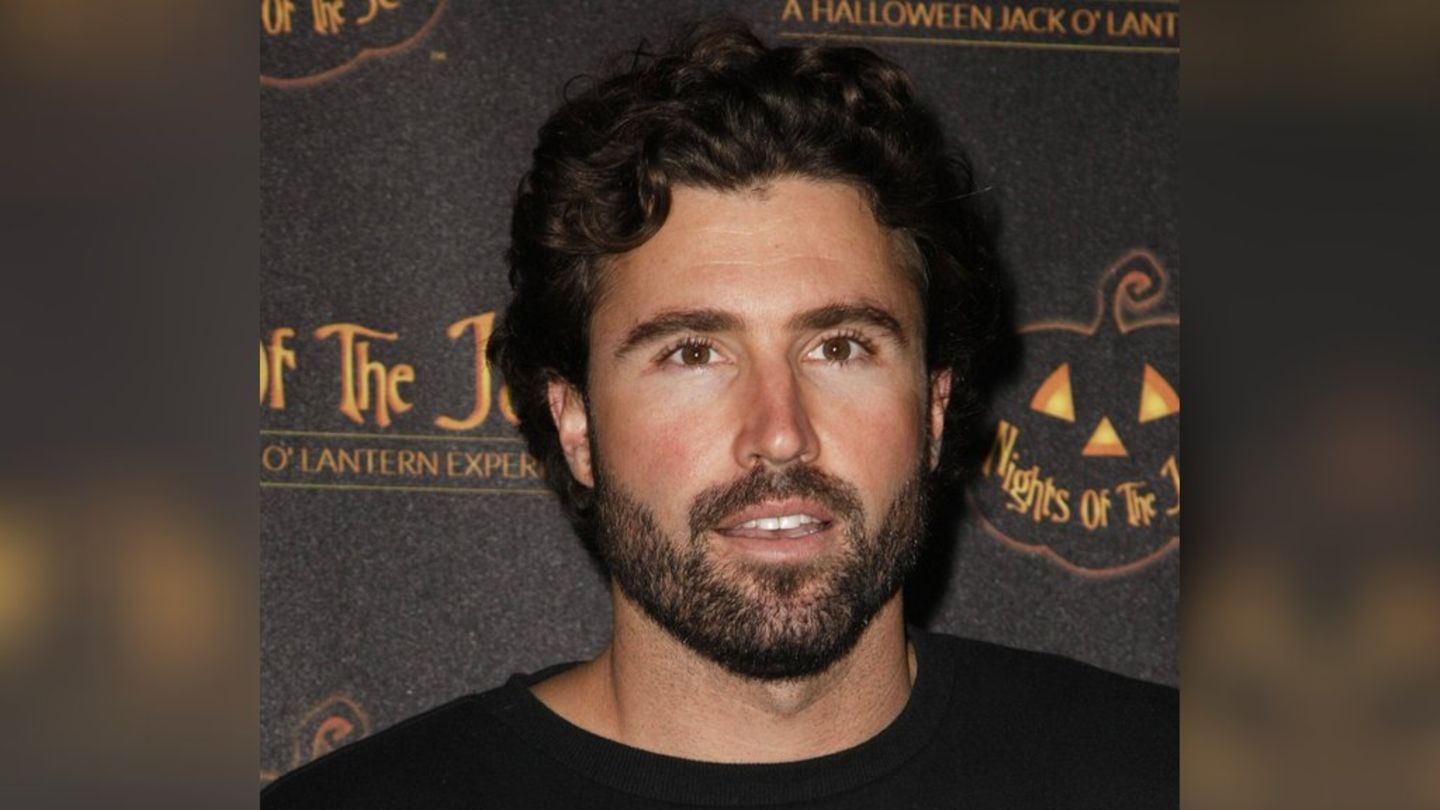Image: colourbox/Labrador
In order to prevent human rights or environmental standards from being violated in order to maximize profits, large European companies should in future target production conditions in their global supply chains. According to the EU Parliament, the new rules should also apply to companies with more than 250 employees and to the financial sector.
Specifically, the text of the EU Parliament includes companies, regardless of their sector, with more than 250 employees and a worldwide turnover of more than 40 million euros, as well as for parent companies with more than 500 employees and a worldwide turnover of more than 150 million euros, emerges from a broadcast. For companies based outside the EU, sales of more than EUR 150 million should apply if at least EUR 40 million were generated in the EU.
These companies would then be obliged to “identify and, if necessary, prevent, end or mitigate” negative effects of their activities on human rights and the environment, according to the statement by the EU Parliament. They would also have to monitor and evaluate their “partners in the value chain” – this would include not only suppliers, but also sales, distribution and transport, among other things.
Limiting global warming
In addition, managers should align the business model and strategy of their company in such a way that the goal of limiting global warming to 1.5 degrees is achieved. According to the EU Parliament, complaints mechanisms must be introduced and information on due diligence must be available on the company website.
If the companies violate the regulations, they should be able to be sanctioned by national supervisory authorities – for example with fines amounting to 5 percent of global net sales. Non-EU companies could be excluded from public procurement in the EU.
Now the negotiations on the final legal text between the EU Parliament and the member states can begin. The EU states already agreed on a general approach last December. Austria had abstained. Economics Minister Martin Kocher (ÖVP) called for more time to balance protection standards on the one hand and practicability on the other.
Criticism of the position of the EU Parliament
Criticism of the parliamentary position came immediately from ÖVP-EU delegation leader Angelika Winzig. This is “not expedient, but includes measures and burdens on our operations that cannot be implemented,” said Winzig, according to the announcement. “Basically, it must be the task of every state to guarantee with its laws that violations of human rights, environmental standards or social rights are avoided or punished.”
WKÖ General Secretary Karlheinz Kopf also called for “improvements”. “We appeal in particular to the negotiating member states in the Council to work for a practicable and proportionate legal framework. The EU must remain a sustainable and business-friendly location,” said Kopf.
Support for Social Democrats and Greens
Meanwhile, there was joy among the Social Democrats, the Greens and the Chamber of Labour. SPÖ-EU MP Evelyn Regner spoke of a “paradigm shift”. The Social Democrats “would have liked to have gone further in some areas”, but with today’s report “much has already been achieved”.
Green MEP Thomas Waitz sees the vote as a “historic step towards more transparency for consumers, more responsibility and more leverage in the fight against child labor and the exploitative practices of large corporations”. Waitz sharply criticized the European People’s Party, which is increasingly proving to be an “unreliable negotiating partner”.
ÖGB President Wolfgang Katzian sees “important ÖGB demands” implemented in the position of the EU Parliament. “Now it’s a matter of fighting further attempts at dilution by the business lobbyists,” Katzian said in a broadcast.
more from economy




